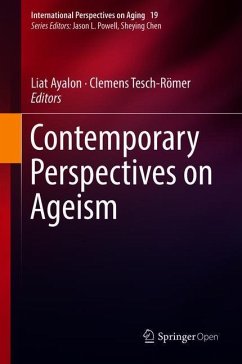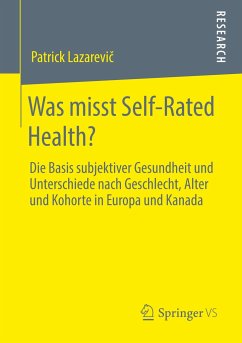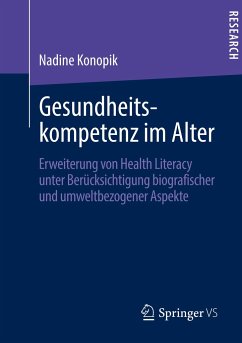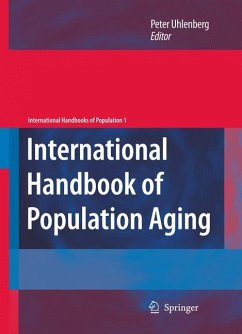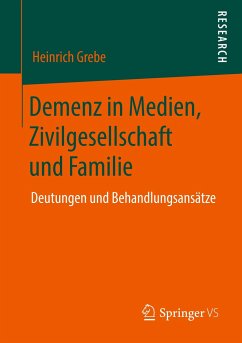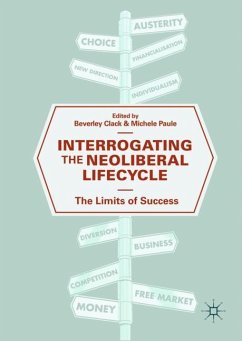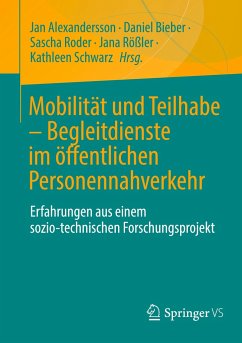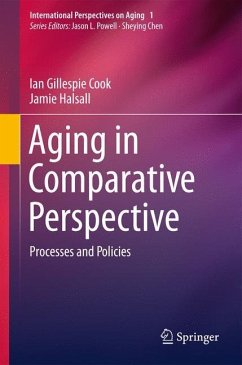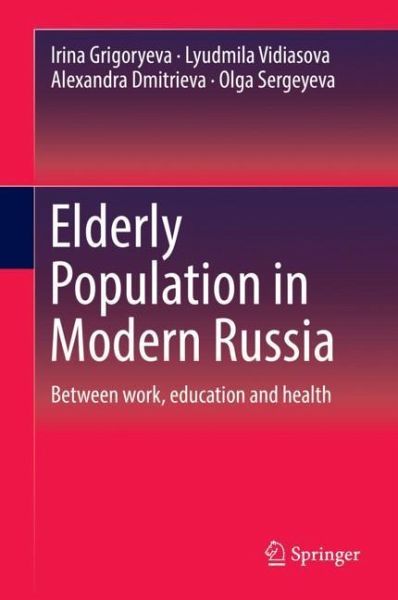
Elderly Population in Modern Russia
Between work, education and health

PAYBACK Punkte
29 °P sammeln!
This book compares the wellbeing of older Russian adults in the EU, USA, China, Japan, and Russia. Through providing a general overview of population ageing, social, economic and IT-literacy among older Russian adults, it fills the gap in quality of life research in developing and transition societies. The topic is revealed in the context of the modern elderly's changing identity, their life plans, and intergenerational relations. The connection between ageism and sexism are identified and interpreted, thereby using comparative materials on different countries. The book discusses the issue of ...
This book compares the wellbeing of older Russian adults in the EU, USA, China, Japan, and Russia. Through providing a general overview of population ageing, social, economic and IT-literacy among older Russian adults, it fills the gap in quality of life research in developing and transition societies. The topic is revealed in the context of the modern elderly's changing identity, their life plans, and intergenerational relations. The connection between ageism and sexism are identified and interpreted, thereby using comparative materials on different countries. The book discusses the issue of educating the elderly in a new direction-namely, the use of ICTs. It also presents the result of studies on pension reform discussions over social networks, which illuminate the social response to the political, social, and economic agenda. As such this book will be a valuable read to researchers specialized in aging, gender studies, quality of life studies, Russian studies, ICT adoptionstudies, and to those studying the social transformation of Russia, Eastern Europe, the BRICS countries, which face similar problems with aging.





